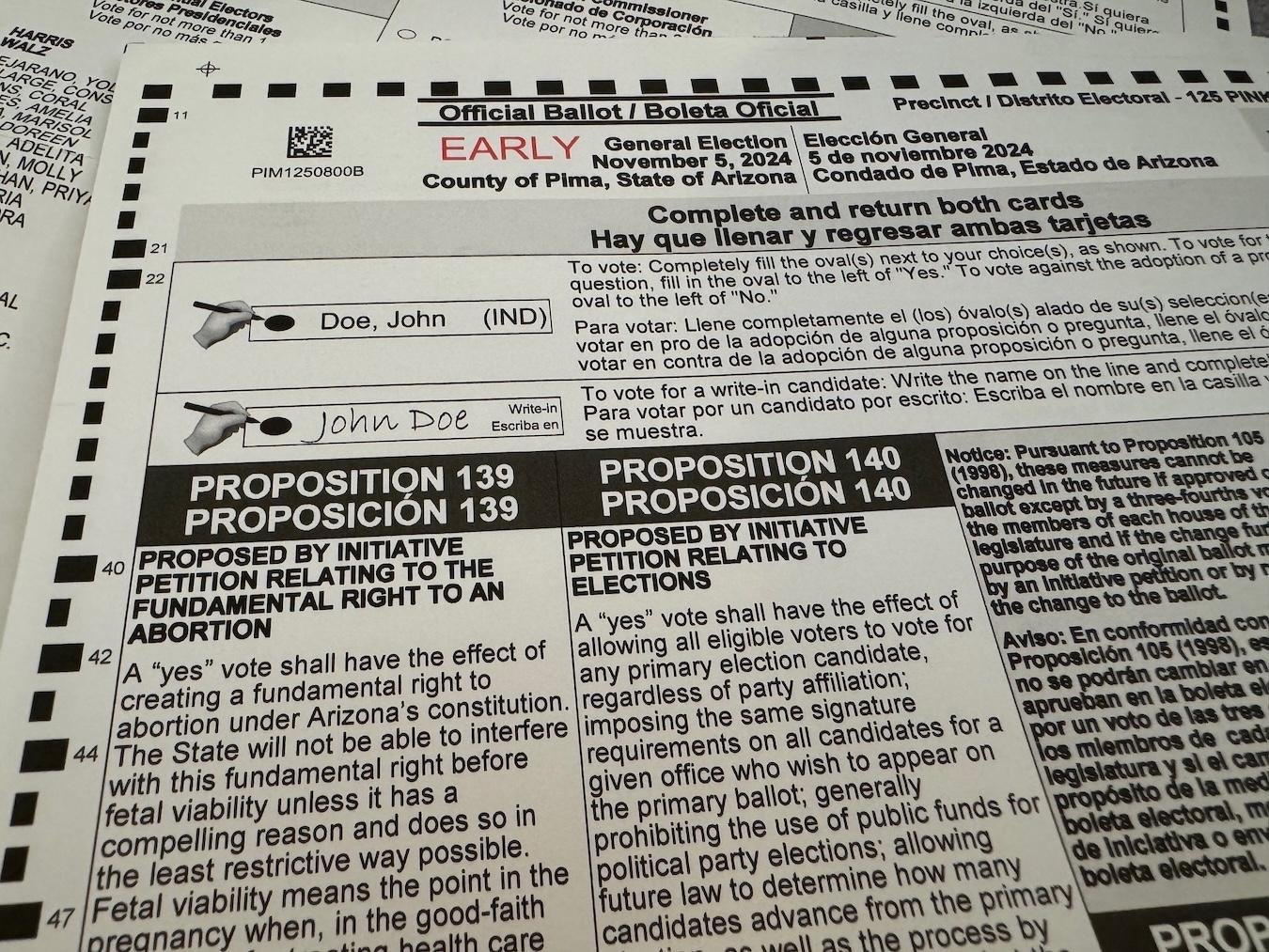arizona
GOP’s Mail-In Ballot Grievances Steer Toward Supreme Court Showdown

The Supreme Court has agreed to review Republican concerns about mail-in ballots during its upcoming term. In many states, mail ballots must be submitted by the time polls close on Election Day. However, states like Illinois accept and count ballots received after this deadline if they are postmarked by Election Day.
Mail-in voting has faced intense criticism from Republican leaders, including former President Donald Trump, who have accused it of facilitating electoral fraud, despite a lack of supporting evidence. Over the past decade, the Republican Party has launched numerous legal challenges to restrict mail-in voting, including a recent lawsuit in Nevada aimed at rolling back such practices ahead of the 2024 elections.
One vocal opponent of mail-in voting, Republican Representative Michael Bost, has challenged Illinois’ procedures, claiming that late-arriving ballots disadvantage candidates. He noted that after Election Day, he must allocate resources to send poll watchers to monitor the counting process.
Bost expressed concerns about the costs associated with this monitoring, stating, “This costs … time, money, volunteers and other resources.” Along with two political activists, Pollastrini and Susan Sweeney, he filed a lawsuit aimed at blocking an Illinois statute that permits mail-in ballots to be counted for up to two weeks after Election Day.
Lower courts dismissed Bost’s arguments, ruling that he lacked the standing necessary to contest the mail-in ballot regulations. However, the Supreme Court has now opted to review his standing next term.
In addition to the mail-in ballot case, the Court will also consider an appeal concerning Fourth Amendment rights related to police entering homes under exigent circumstances. Other issues include government contractor immunity under the Federal Tort Claims Act and the ability of immigrant advocates to sue an immigration detention center.
Bost parallels his financial grievances to those of Texas Senator Ted Cruz, who faced similar issues in the 2022 Supreme Court case FEC v. Ted Cruz for Senate. Cruz lost $10,000 when his campaign committee initiated repayment of a loan exceeding the allowed timeframe, which led to a Supreme Court ruling in his favor, establishing that certain limits on loan repayment unconstitutionally restrict political speech.


















